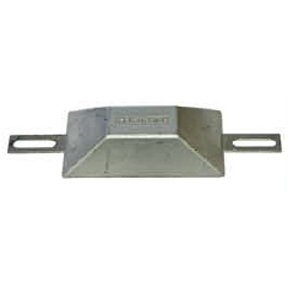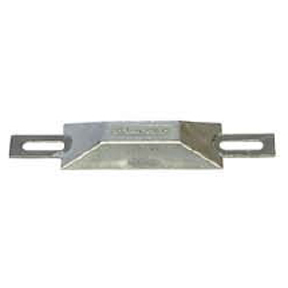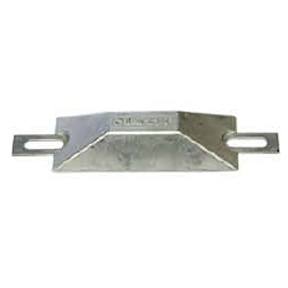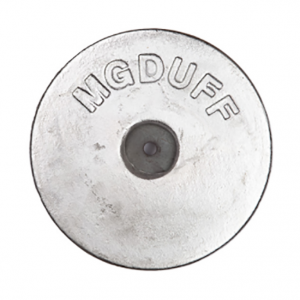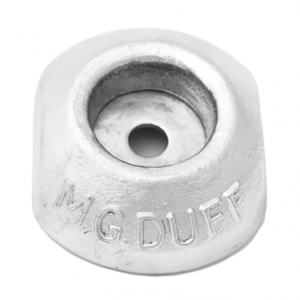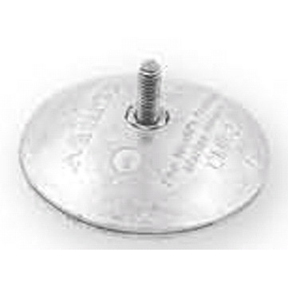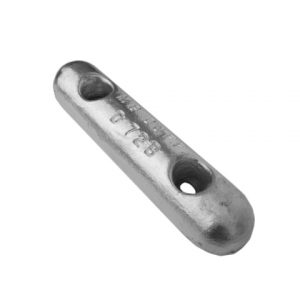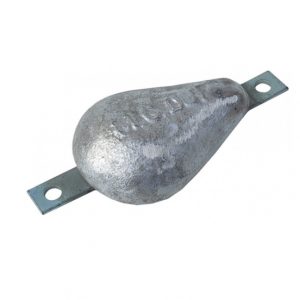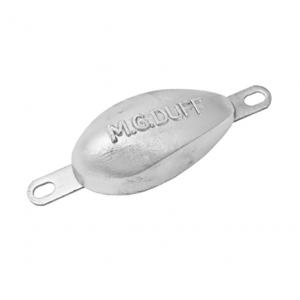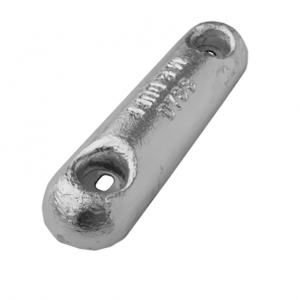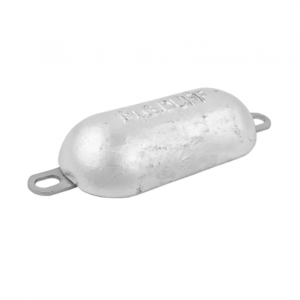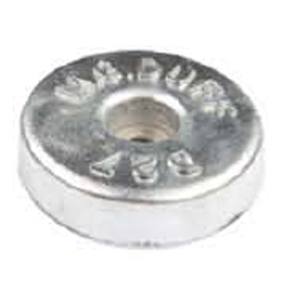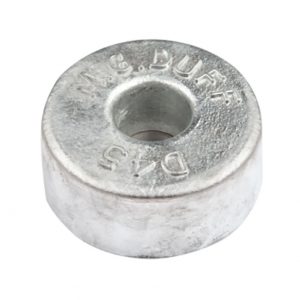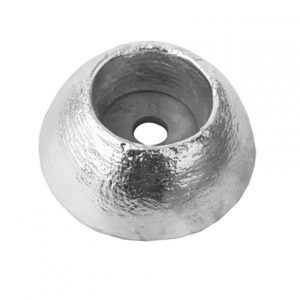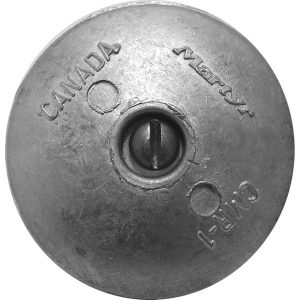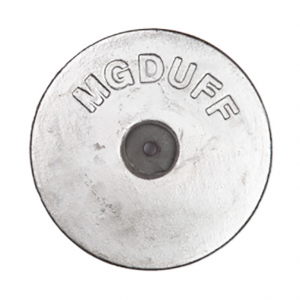Category
Price
- « Previous
- 1
- 2
- 3
- Next »
Aluminum anodes
Aluminum anodes protect well in salt, good in the upper levels of brackish waters, but not so good in the lower levels of brackish, and decent in fresh.
However, Aluminum passifies (films over with oxide coating) quicker than Zinc.
For brackish waters, or switching often between fresh and saltwater, you should consider an Aluminum anode as your sacrificial anode.
It is cheaper, lives a longer life, and can handle the switch between different water types better than the other metals.
Magnesium anodes
While more expensive than Zinc and Aluminum anodes, and live shorter lives, Magnesium anodes are your best choice for freshwater, especially if your vessel will be in the water for long periods of time.
Magnesium’s high current output in saltwater runs the risk of over-voltage (hydrogen release) which can be remedied with either smaller and/or less Magnesium anodes, however a Magnesium anode’s life in saltwater is typically too short to be a good choice there.
Zinc anodes
Zinc anodes protect well in salt, fair in brackish and a little in fresh.
However, Aluminum passifies (films over with oxide coating) quicker than Zinc.
Zinc anodes are the preferred choice in metal alloys for saltwater applications that need a sacrificial anode.
Zinc alloy is less resistant to saltwater’s electrolytes.
The Zinc, in essence, stops the oxidation happening to the other metal part as the Zinc dissolves away.

